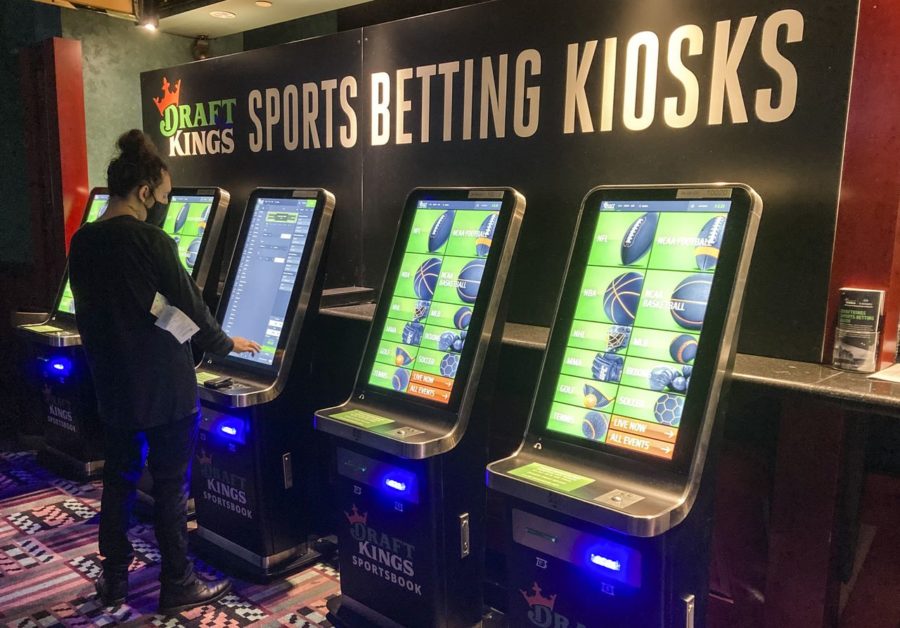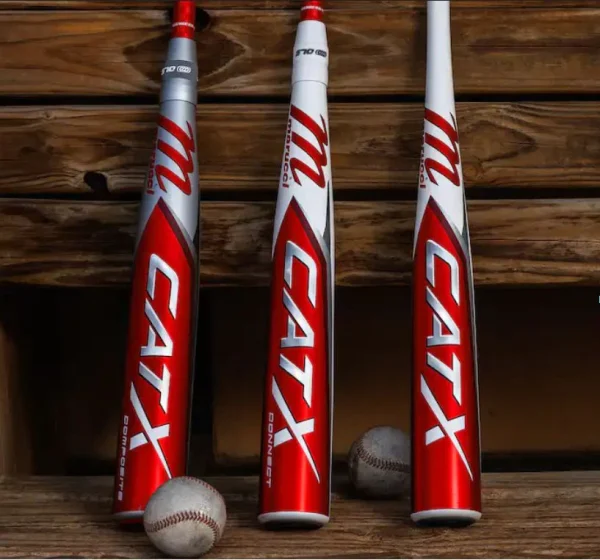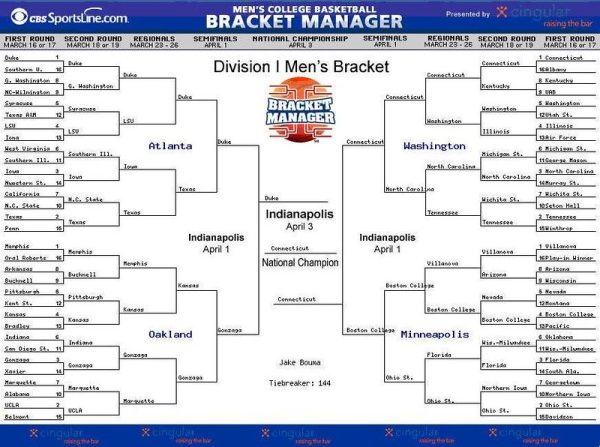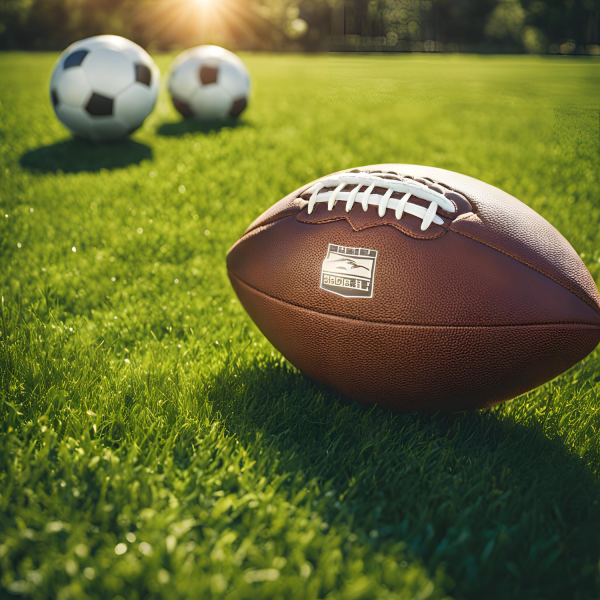Sports betting
How does a unit work in bets?
Matt Jacob, who is a freelance writer and editor based in Las Vegas states, “A unit is the amount of money you put into a game/event. Another component of the variable model around risk/return. For instance, some bettors never budge from their unit size, regardless of the odds/juice. So let’s say a $50-per-unit bettor likes the San Diego Padres as a -140 favorite. They’re going to risk one unit ($50) at -140 odds to win $35.71. Total payout: $85.71.” When you first start out betting, you rarely throw $50 on one game. You start off with small amounts like $5 and $10 and build off that if you have success. If you start with big bets and aren’t finding success this is where you get into deep holes. Leading to becoming addicted to trying to earn profit back.
Where can you place bets?
A lot of bets these days are online because of the amount of sport betting apps like Fanduel and DraftKings. You can still go into casinos and place bets there but it’s less convenient rather than putting them on your phone. Neil Greenberg, a staff writer with The Washington Post whose beat is sports analytics states, “Signing up with an online sportsbook or casino is super easy, and betting is easy as well. You can place and confirm bets in seconds either through your mobile, phone, or tablet.”
Who can all bet/gamble on sports?
From legalsportsreport.com the legal age to bet on sports in Michigan is 21 or older. “You don’t have to be a resident to sign up and play online, you must be within state lines when placing bets.” All but 4 states need you to be 21: Montana, New Hampshire, Rhode Island, and Washington where you can be 18.
What’s the main purpose of betting?
The main purpose of betting is of course to make money but it’s also a way to watch games and make them even more enjoyable. “Odds are expressed with a plus (+) or minus (–) symbol followed by a number. They are American money line odds; for example, +200 signifies the amount a bettor could win if wagering $100. If the bet works out, the player would receive a total payout of $300.” Says Shehryar Sohail, who is currently a manager/associate director in Ernst & Young UK&I’s transaction advisory team. $200 of the winnings is the net profit and then you get back your original $100 that you put down. You make a lot more when you put money on the team with the “+” because they are the underdog.
Why do teams get “+” numbers or “-” negative numbers to the side of them?
“As before mentioned, spread bets have odds attached to them that are usually quite reasonable, existing in the range of -120 to +100 in most cases. Depending on whether you are a bettor who looks to win one unit on a bet or you wager a unit on all bets. This has a significant impact on how much you can make on an individual wager against the spread. A unit is a predetermined dollar figure for your standard wager.” Says Daniel Preciado, who studied sports analytics at Syracuse University. If you set aside a certain amount of money for sports betting, a unit is 1% of your sports betting funds. If a bettor with a $100 unit size wagers on a -120 odds spread, they would be placing either a $120 bet to win $100. Or a $100 bet to win $83.33. All sports have their different common bets. In baseball and hockey, you take the “run line” or “puck line” which is usually -1.5. In football and basketball, you can take the scores, quarters and full game spreads.
When can you place bets?
You can place bets any time of the day you want. You can even live bet which means changing a bet you place before the game if the outcome is looking different than what you thought. Lots of sportsbooks now have 24/7 service so you can track your bets anytime you want.
About the Contributor

Nathaniel Kloppe, Staff Writer
Nathaniel Kloppe, a Senior at Jenison Highschool. He plays hockey for the varsity team. Nathaniel enjoys hanging out with friends and watching sports.




